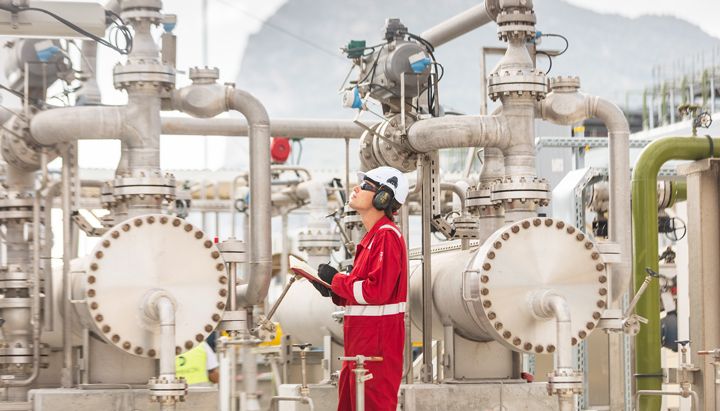Royal Dutch Shell plc projected that gas exports to Mexico could increase gas prices.
Based in the Netherlands, Shell is an Anglo-Dutch hydrocarbon company with interests in the oil and natural gas sectors, as well as gasoline refining.
From the company’s perspective, Henry Hub gas prices are expected to increase in the coming years.
This is because, while gas production is expected to recover perhaps by the end of 2021, it could lag behind demand, which may grow earlier, to supply LNG exports and exports to Mexico by pipeline and for cater to residential and industrial users.
Also, according to Shell, the price of Henry Hub gas could rise more than expected if oil prices remain low, causing the Permian Basin to produce less oil and, as a result, supply less associated gas.
Shell and exploration
The company has interests in nine deepwater licenses and one shallow water license in Mexico (Shell’s participation between 40% and 100%).
The company is currently evaluating these positions through exploratory drilling.
In November 2020, Shell entered into a rights acquisition transaction with China National Offshore Oil Corporation (CNOOC) E&P Mexico, acquiring a stake (from Shell of 30%) in the deepwater exploration license of round 1.4 Block 4 in the coast of Lost Mexico.
This transaction is subject to regulatory approval.
Prices of crude oil, natural gas, petroleum products, and chemicals are affected by supply and demand, both globally and regionally.
Macroeconomic, geopolitical and technological uncertainties can also affect production costs and demand for your products.
Government actions can also affect the prices of crude oil, natural gas, petroleum products, and chemicals.
This could happen, for example, if governments promote the sale of low-carbon electric vehicles or even prohibit future sales of new diesel or gasoline vehicles, such as the UK ban that is expected to take effect in 2030.
Oil and gas prices can also move independently of each other.
Factors influencing supply and demand include operational problems, natural disasters, weather, pandemics such as Covid-19, political instability, conflicts, economic conditions, and actions by major oil and gas producing countries.
![]()

